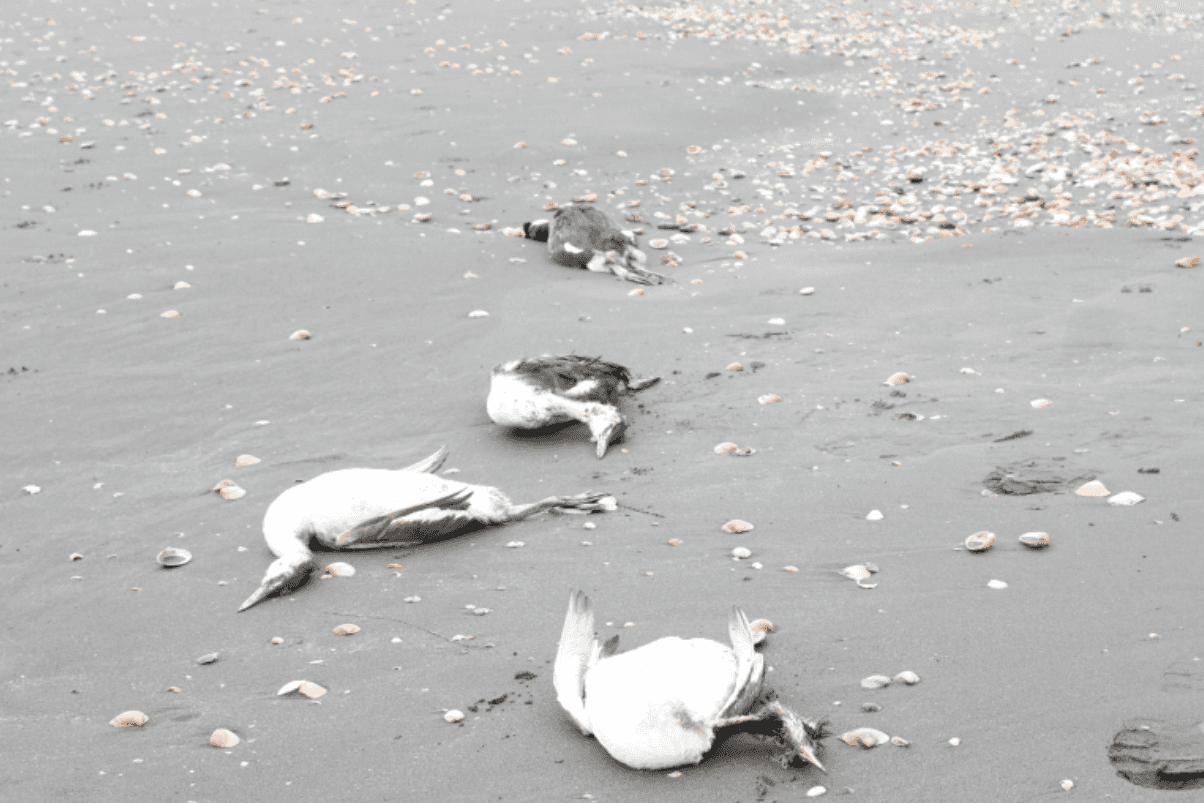
Exiled Azerbaijani human rights activist Vidadi Isgandarli has died in hospital after being stabbed multiple times in his office in France.
Isgandarli was attacked by three unknown persons in his office in Mulhouse, France on Sunday. After being stabbed with a knife multiple times, he was taken to a local hospital and placed in intensive care.
‘His lungs and liver were injured, which was critical for his health. Most of the knife attacks hit his stomach’, Isgandarli’s brother, Ogtay Isgandarli, told OC Media.
Also a political refugee in France, Ogtay Isgandarli was able to speak with his brother while he was in hospital, before his death.
[Read more: Azerbaijani human rights activist stabbed at home in France]
‘He [Vidadi Isgandarli] said that two men held him by his arms, and one stabbed him. He was stabbed in his office, not his house. He used this place for his work, and when he decided to join live streams, he used this place. Sometimes, after work, if it was late, Isgandarli preferred to stay there.’
Ogtay Isgandarli noted that this was the second time his brother had been attacked since residing in France. He added that his brother was unable to identify his attackers’ nationalities.
‘The first time was in 2022, during the summer months. During the night, he was attacked by a criminal group, and later he told me that it was a Russian or French group. But this time, he said that during the attack, he asked them why they stabbed him, and what they demanded from him, but they did not respond’, he told OC Media.
Following the first attack, Ogtay Isgandarli went to the local police station and asked them to move his brother to a safer neighbourhood.
‘They directed me to the agency that works with political refugees. They promised that his living place would be changed. And I planned to send a request to the government for this change to happen. I did not expect that he would die… ’
‘Breaking the glass and entering the room is very easy in that building. I think that they followed him because he mainly stayed at home with his family members. Only when he live streamed did he use this other location to keep his family members from danger. Every night he locked the front door.’
Threatened in exile
Before moving to France, the brothers worked in the human rights field in Georgia.
‘In 2017, we were in Georgia, and Vidadi lived in Georgia as a political refugee. Many times I joined him in Georgia, and we participated in the protests in front of the [Georgian] Parliament. When [Azerbaijani journalist] Afgan Mukhtarli was kidnapped, international organisations called us and they offered to help us leave Georgia because they said they wouldn’t be able to ensure our safety.’
Mukhtarli, a prominent journalist known for investigating corruption in Azerbaijan, disappeared from the streets of Tbilisi on the night of 29 May 2017. He reappeared in Azerbaijani custody a day later and was charged with illegally crossing the border.
Following this warning, the two brothers emigrated to France. Though in Europe, Ogtay Isgandarli said he urged his brother to be careful, and that this ‘was not the end’.
‘The Ministry of Internal Affairs and the Prosecutor General’s Office sent a request to extradite Vidadi Isgandarli, but the French government rejected the request’, Ogtay Isgandarli told OC Media. He added that the file related to his brother’s extradition request was kept at home.
Isgandarli was known for his harsh and emotional censures of the government, as well as his use of obscenities in his content.
‘I was outraged by his manner of speech and his harsh interpretation. I discussed this situation with him many times, and he told me: “Do you think [Azerbaijani President] Ilham Aliyev is running the country according to an ethical code of conduct, so that I must use the appropriate manners?” ’, an Azerbaijani rights defender, who agreed to speak to OC Media on the condition of anonymity, said.
In March, former Azerbaijani presidential candidate and current MP Zahid Oruj threatened political refugees in a parliamentary speech, claiming that they besmirched Aliyev’s honour.
‘The Convention relating to the Status of Refugees, adopted in 1951, cannot give immunity to these people. If the mechanisms of the judiciary and legal authorities to protect the honour and dignity of the president do not work, then these laboratories of insults [referring to the activities of political refugees] should be declared open to all kinds of neutralisation as legitimate targets’, Oruj said.









